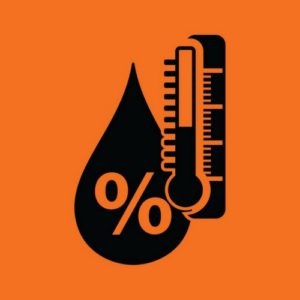A lot of home and business owners today are familiar with the most common type of heating system, the furnace.
But there’s another alternative, an older, simpler one, known as the boiler, that’s still quite competitive even today. But how? Here are some facts to explain.

Simple But Effective
Boilers work on a very simple, but still sound principle. Water retains heat, so by applying heat to water, and making it hot, the environment, in turn, can be warmed up.
That hot water is then pumped out to different parts of a building, where the heat radiates, warming up the air within a room.
This is different from a gas-burning furnace, which heats up the air in the furnace itself, then uses a fan to pump that hot air into rooms, pushing out the cold air and replacing it with warm air.
No Steam Required
While the name “boilers” implies that these machines will take water all the way up to the boiling point, that’s not the case for home and business needs.
Only at the industrial level will certain boilers need to actually vaporize water into steam. For environmental heating needs, 140° is a good temperature to keep the space comfortable.

It’s Still Dry Inside
One question that some people might have is that of humidity. Humidifiers, by design, send moisture into the air, and that’s possible due to the use of water.
So if you have a water-based heating system, does the same thing happen? Not in this case.
A properly functioning, modern boiler system seals the water away, so only the heat transmits into the air, not the moisture.
If you have a break in your system, you may get some condensation or humidity, but only in the event of a defect like a leak.
Consistent Pressure Means Good Performance
And like with plumbing, water pressure is an important factor in maintaining quality results. If the water pressure is too low, it takes much longer to heat a room up.
Low water pressure can also be a sign of a leak, which needs to be fixed as quickly as possible.

Cost-Effective Results
Homes with heating systems 20 years old or more may still function but have a sizable lack of efficiency that gets worse with each year.
So while upgrading to a new system may feel expensive, it’s actually a good long-term investment.
You’ll immediately notice lower bills thanks to the better performance, but you’re also adding value to your property because a new HVAC is a significant upgrade with a good resale appeal for a home.

High Efficiency
The quality boilers can operate at about 90% energy efficiency, which is only 5% less than similar quality gas furnaces.
However, boilers can add even more efficiency on top of that by allowing you to select individual rooms to heat. A gas furnace must heat the entire building every time it comes on.
When things cool down in Lees Summit, MO it’s up to your HVAC system to keep you warm. If you’re in the market for an upgrade, look at all your options, and don’t forget to keep boilers in mind, especially if you don’t want air ducts in your home.
